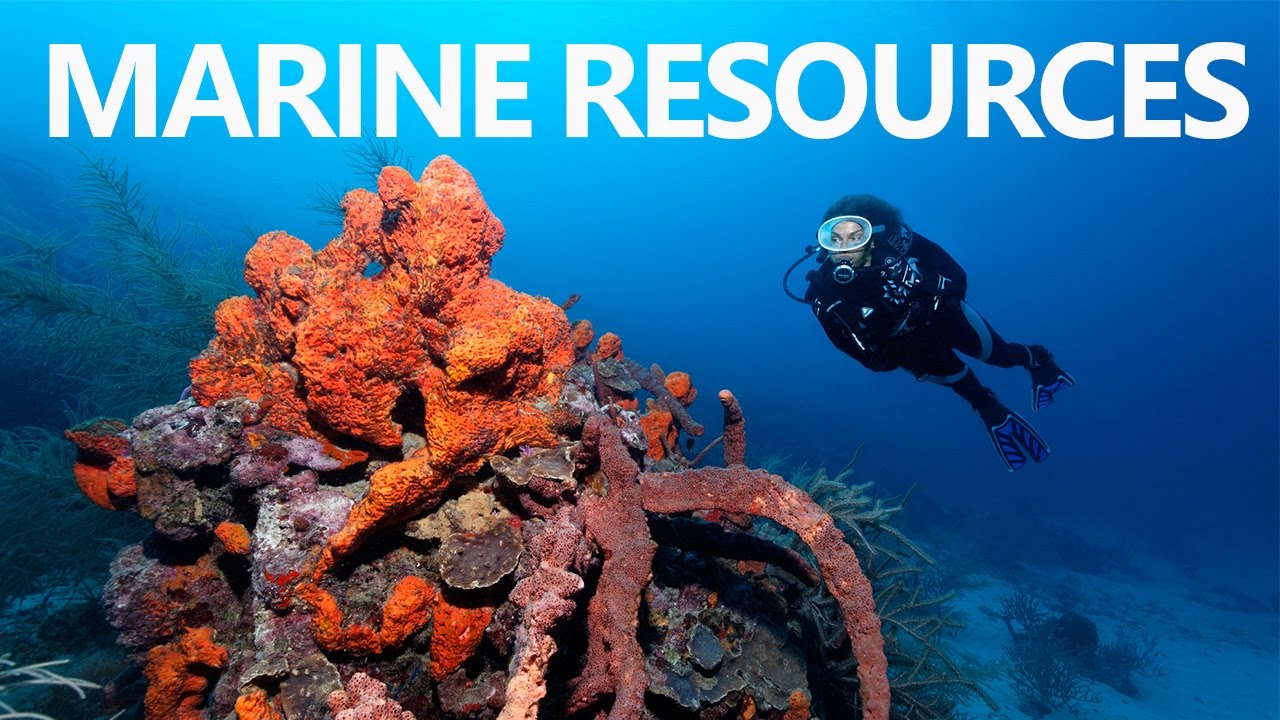Geography Notes On – Marine Resources – For W.B.C.S. Examination.
ভূগোল নোট – সামুদ্রিক সম্পদ – WBCS পরীক্ষা।
Marine resources are not only used by commercial fishers but are also used by recreational fishers, marine tourism, mining and transportation industries, and so on. In addition, they are subject to considerable conservation demand, which is just another type of use. Obviously many of these other uses of marine resources conflict with commercial fishing as well as with each other. It immediately follows that the maximum social use of marine resources requires the proper balance or sharing between these conflicting uses.Continue Reading Geography Notes On – Marine Resources – For W.B.C.S. Examination.
Clearly, it will be in the interest of the fishers to adjust their own operation to accommodate the interests of the other parties, provided the other parties compensate the fishers for lost catch. Equally clearly, it will be in the interest of other users to curtail their operations interfering with fisheries if the fishers adequately compensate them. Obviously, it will be in the interest of all parties to forge an agreement of this kind if at all possible. Moreover, just as trades generally increase overall benefits, such an agreement will. So, the question is: when is an agreement of this kind possible?
The theory of bargaining shows that this would not be possible in general. However, in 1960, R. Coase famously showed that it might be possible for parties with conflicting interests to reach a mutually beneficial agreement by bargaining provided sufficiently strong property rights existed. The crucial point here is that a sufficiently strong ITQ system may provide the property rights basis required for this kind of a Coasian type agreement.
If this is the case, the association of ITQ holders could bargain with, say, the marine tourist industry or the marine mining industry for a mutually beneficial accommodation of each others interests. A similar kind of agreement could be reached with the organization of marine conservationists.
For this to work, however, both parties are required to be organized and to bargain collectively. Individual bargaining ignores the external effects of the agreement on others and cannot, therefore, be optimal. Thus, ITQ holders would need to be represented by their organization in bargaining with, say, a mining operation. Similarly, the proper accommodation of fishing with marine conservation interests requires that the marine conservationists are sufficiently organized to be represented as a group at the bargaining table. This level of organization is not easy to accomplish. However, it is in the interest of both parties to achieve it, provided the interests at stake are great enough to overcome the cost of organization and bargaining.
Institutional Frameworks
Marine resources, their utilization, and ocean space are all managed through a myriad of legal instruments. These instruments exist at all levels of governance, including those policies directed at local or subnational concerns, and those designed to address issues of national, regional, or global importance. A seventeenth centurylaissez-faire concept of ‘freedom of the seas’ was based upon the premise that the ocean was infinite, its resources inexhaustible, its degradation impossible. These assumptions have proved to be both unrealistic and detrimental. It is now widely acknowledged that complete freedom of the seas would lead to resource waste and exploitation, economic inefficiency, and increased conflict among users.
Enclosure of Ocean Space
From a pragmatic perspective, the management of ocean space involves methods of enclosure. Theoretically, the enclosure of ocean space can be derived from both national and international management regimes. In practice, it has been accomplished through the seaward extension of national jurisdictions by establishing zones of authority and use (e.g., the territorial sea and exclusive economic zone; see Law of the Sea). The primary thrust has been toward the expansion of sovereignty over ocean space previously considered open-access. Although large-scale ocean enclosures have led to reductions in international conflicts over resource use within the proscribed enclosure, such conflicts continue to persist among domestic users and over resources (e.g., straddling fish stocks) that transgress enclosure boundaries.
Global Institutions
International cooperation to address marine and coastal concerns has been codified through several formal commitments. In international affairs, this institutionalization usually takes the form of a treaty or customary practice, although certain important intergovernmental organizations also exist. On the global level, both broadly based and issue-specific treaties that affect a majority of national interests have been developed.
For Guidance of WBCS (Exe.) Etc. Preliminary , Main Exam and Interview, Study Mat, Mock Test, Guided by WBCS Gr A Officers , Online and Classroom, Call 9674493673, or mail us at – mailus@wbcsmadeeasy.in
Visit our you tube channel WBCSMadeEasy™ You tube Channel
Please subscribe here to get all future updates on this post/page/category/website



 Toll Free 1800 572 9282
Toll Free 1800 572 9282  mailus@wbcsmadeeasy.in
mailus@wbcsmadeeasy.in


















































































































